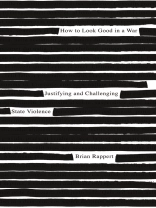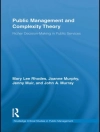This book examines the methods used to depict, defend and justify the use of state violence. While others have shown how ‘truth is the first casualty of war’, this is the first to analyse exactly how pro-war narratives are constructed and normalised.
Brian Rappert details the ‘upside-down’ world of war in which revelation conceals, knowledge fosters uncertainty, and transparency obscures. He looks at government spin during recent wars in Iraq, Afghanistan and Libya where officials manoeuvre between circulating and withholding information.
Through looking at recent controversies such as the use of weapons of mass destruction, cluster munitions and international law, Rappert considers how ignorance about the operation of war is produced and how individuals and groups can intervene to make a difference.
Table des matières
Introduction: Grasping Shadows
Part I: Partial Revelations
1. Show and Tell: Distortion, Accuracy, and WMD
2. Estimating Ignorance
3. Disabling Discourses: International Law, Legitimacy, and the Politics of Balance
Part II: Dialogues
4. Open Conversations and Public Secrets?: The Banning of Cluster Munitions
5 . Binding Options
6. Framing and Framed: The Category of Explosive Violence
Conclusion. Pulling Back
Notes
Index
A propos de l’auteur
Brian Rappert is Professor of Science, Technology and Public Affairs in the Department of Sociology and Philosophy at the University of Exeter.












